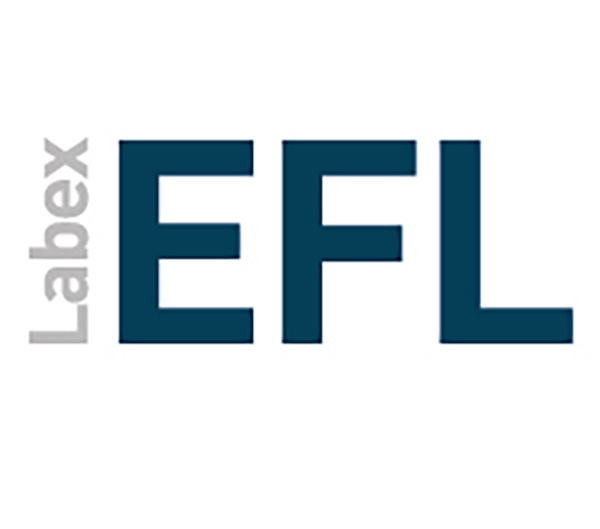Chaire d’Excellence d’Idex
Experimental investigations of discourse connectives
PI: Ira Noveck
Post Doc: Morgan Moyer
Doctoral Student: Cécile Larralde
One of the aims of experimental pragmatics is to uncover original, reliable, theoretically-driven findings that could establish generalizations about pragmatic processing. One finding that counts as such a generalization is that an utterance that prompts supplementary pragmatic processing generally requires more cognitive effort than a control that does not (e.g. expressions that involve enriched readings of Some, to mean Some but not all, are typically associated with slowdowns; see Bott & Noveck, 2004; Ronderos & Noveck, in press). With such a rule of thumb, a researcher is in a position to pursue hard-to-crack cases that lie at the semantic/pragmatic border. In our Chaire d’excellence grant we are aiming to better characterize discourse connectives, such as but and so, which can be characterized as pragmatic – or semantic – in nature. Can one find processing features of discourse connectives that indicate that they involve pragmatic processing (or not)?
Our investigation begins by distinguishing between linguistic expressions whose meanings are truth conditional and those that are not. This allows us to make one sort of distinction. Compare the connectives in the following two utterances, (1a) and (1b):
(1) a. George Clooney is famous and he is nice.
b. George Clooney is famous but he is nice.
In (1a) the connective “and” is considered truth-conditional because it could be determined as true only when the conjuncts, “George Clooney is famous” and “George Clooney is nice,” are both true. In contrast, the connective “but” (in 1b), while logically equivalent to “and” (because the sentence is true as long as the two conjuncts are), comes with an additional proposition, which is that it denotes a contrast to be drawn between George Clooney being nice and his being famous; alternatively, it indicates that the speaker has an expectation about famous people (that they are not nice) that is denied (Lakoff, 1971; Anscombre & Ducrot, 1977). The extra-logical information that the word “but” adds does not contribute to the truth-conditions of the utterance. If the speaker of (1b) does not have in mind a contrast (or an expectation generated by the first conjunct that is then denied), this will not make the utterance false.
But, of course, is not the only discourse particle that has a non-truth-conditional meaning. Other examples are after all, so, and therefore as shown in (2a-c):
(2) a. Trump could win in 2020; after all, he won in 2016.
b. Mary got her PhD. so she’s applying for jobs.
c. Paul is French therefore he is a good cook.
What follows after all in (2a) is information that is presumably accessible and not new to the listener (Ariel, 1998). In the case of so, the speaker explicitly draws attention to a conclusion that she has drawn while underlining an inference (Blakemore, 1988). The connective therefore is synonymous with so but is more formal and less flexible.
In our experimental work, we have participants put discourse connectives through their paces in order to better characterize the way they are processed and with the specific aim of determining whether the discourse connectives prompt profiles that correspond with attested pragmatic phenomena.
For the moment, we have trained our attention on but and so. In order to isolate their processing features, we have come up with a paradigm (a letter guessing game that ultimately requires participants to evaluate sentences such as There is a B so there is a T) that allows us to felicitously and successively insert discourse connectives. We have run hundreds of participants so far through online studies, we are currently preparing an EEG study and, within the next year, we plan on presenting our paradigm to children.
We are working on several manuscripts. In the meantime, we have presented many talks and have received much feedback.
- Larralde, C., Pouscoulous, N., Noveck, I., Talk : Exploring the Pragmatic Import of Non-truth-condition Discourse Connectives, 22nd Szklarska Poręba Workshop on the Roots of Pragmasemantics, held online, March 2022.
- Larralde, C., Pouscoulous, N., Noveck, I., Poster, ELM 2 (Experiments in Linguistic Meaning), Philadelphia, May 2022.
- Larralde, C., Pouscoulous, N., Noveck, I., Talk : Exploring the Pragmatic Import of Non-truth-condition Discourse Connectives , Xprag, Pavia, September 2022.




